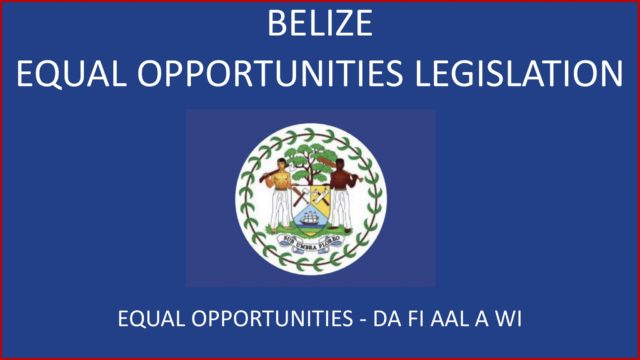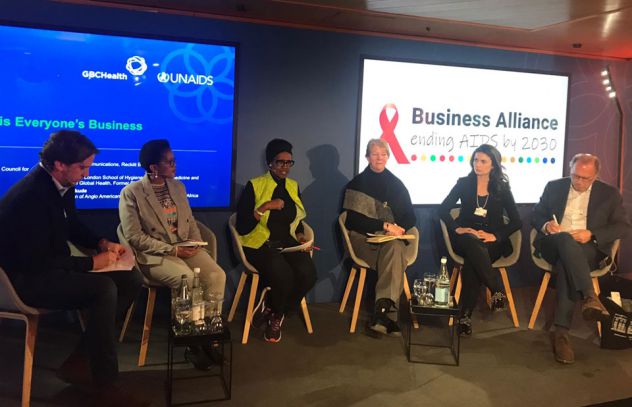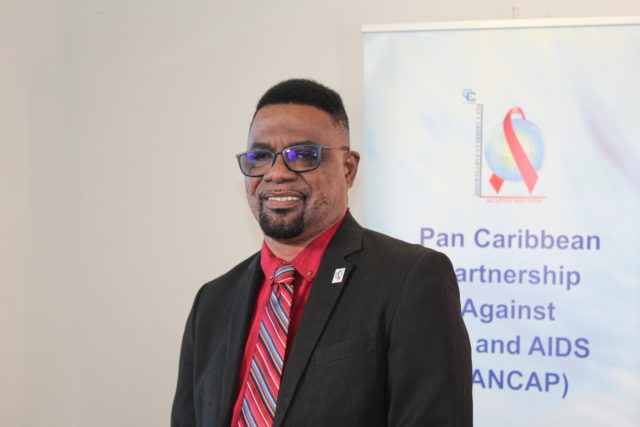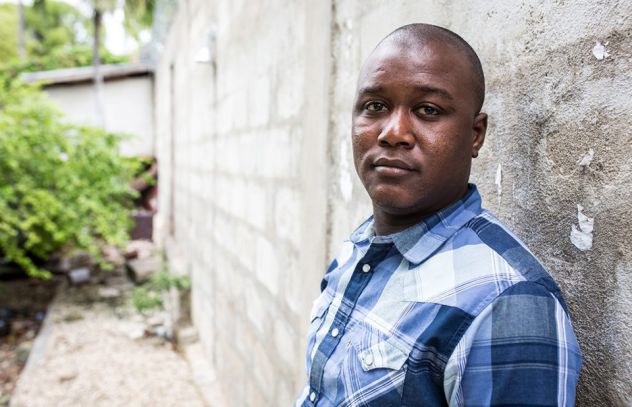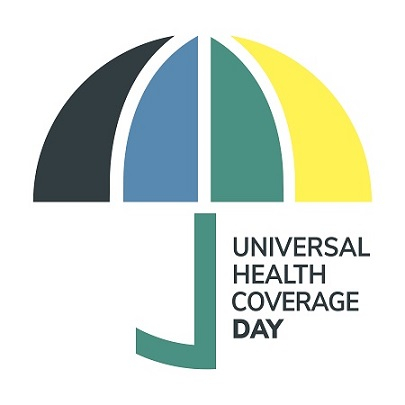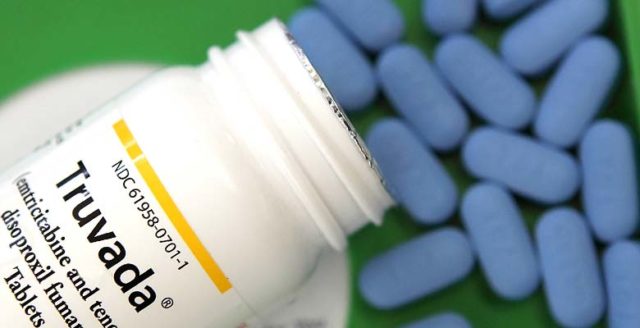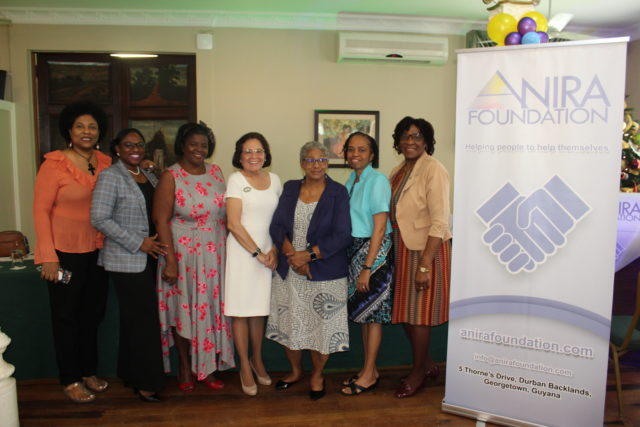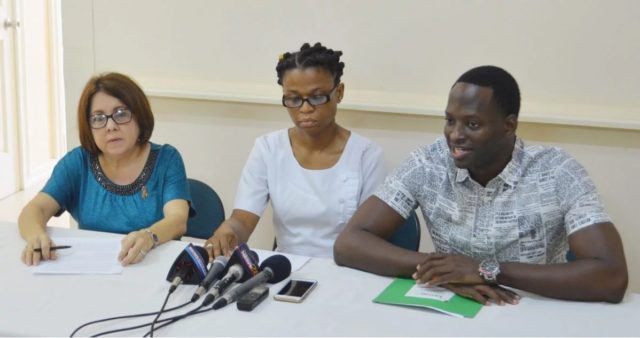Washington D.C. 12 December 2019 (PAHO/WHO) – Universal Health in the Americas can only be achieved if countries reduce the barriers to access and increase investment in primary care. On Thursday 12 December, during the celebration of this year’s Universal Health Day, PAHO called on countries to implement these measures to ensure that all people have access to the health services they need.
The theme of Universal Health Day 2019, “Universal health; for everyone, everywhere”, follows on from the launch of the regional Compact 30.30.30: Primary Health Care for Universal Health, which took place in Mexico City in April with the Director of PAHO, Carissa F. Etienne, and the President of Mexico, Andres Manuel Lopez-Obrador.
“Primary Health Care is people-centred and community-focused. It addresses the needs of people in their communities and requires investments in integrated health networks to address the complex and comprehensive needs of people, including health promotion and disease prevention,” said Dr Etienne. Primary Health Care is the strategic approach that will support this Region in achieving Universal Health,” she added
The Compact 30.30.30 is PAHO’s immediate response to the recommendations of the High-level Commission “Universal Health in the 21st Century: 40 years of Alma-Ata”. It calls for countries to reduce the barriers that hinder access to health by at least 30% and to allocate at least 30% of public financing for health to the first level of care by 2030.
Primary health care and Universal health
Universal Health is not just about ensuring that everyone is covered by a health care plan, but that this coverage translates into access to comprehensive, quality health services that are focused on the needs of people without exposing them to financial difficulties. Universal Health also requires the implementation of social policies and interventions to address the social determinants of health.
As primary health care services are closer to individuals and communities, they are able to meet the vast majority of a population’s health care needs throughout their lives, from promotion, prevention and treatment to rehabilitation and palliative care. Ensuring greater investment in primary care can, therefore, help prevent between 20-40% of hospitalizations while resulting in significant financial savings for countries. Quality primary health care services lead to better health outcomes and longer life expectancy.
Universal Health Day 2019
Universal Health Day is celebrated each year on December 12 to commemorate the anniversary of the first United Nations resolution that calls on all countries to provide affordable, quality health care.
Events were held throughout the Region of the Americas to mark the day, including one at PAHO’s Headquarters in Washington D.C.
PAHO’s event, “Universal Health Day 2019 – Universal Health: Everyone, Everywhere” Compact on Primary Health Care for Universal Health 2030” brought together representatives from ministries of health in the Americas, civil society, academia, as well as PAHO experts, to discuss ways in which countries can ensure that the goals outlined in the 30.30.30 Compact can be achieved.
Speaking at the event, the Minister of Finance of Paraguay, Benigno María López Benítez highlighted that all populations have the right to live a healthy life and underscored the role of finance in ensuring this.
“The government has a clear roadmap for strengthening human capital by transforming health and education. Only through this will we ensure a more productive economy and improve health and wellness,” he said, outlining a tax reform that was approved in 2019 to direct more financing towards health and education.
Minister López also emphasized that “a multidimensional approach to addressing health is essential – as important as preventing diseases instead of just treating them.”
For Roopa Dhatt, Executive Director and Co-founder of Women in Global Health now is a “historic and monumental time for health.” She highlighted that the high-level political declaration on universal health care (UHC) has the potential to transform the health and lives of millions of people, the majority of whom are women. Dhatt also emphasized the need to commit to gender equality and women’s rights, as a fundamental principle of UHC.
The event included an award ceremony for the 2019 Social Innovation in Health Initiative. This initiative, which is led by the Special Program for Research and Training in Tropical Diseases (TDR), hosted by the World Health Organization (WHO) and co-sponsored by UNDP, UNICEF and the World Bank, aims to accelerate progress towards universal health coverage by harnessing innovative research, capacity building and advocacy.
This year’s winners include a project to identify infants exposed to the Zika virus in Colombia, a project to improve maternal health in rural communities of the Peruvian Amazon, and a project to improve nutrition in rural Colombian communities.

